Sarah and I will be hosting a bake sale in the Talbot Campus Atrium on Thursday 5th March, from 1-3pm, in aid of our 54km trek along the Isle of Wight coastal path this May Bank Holiday weekend. We’re taking on this test of endurance to support the valuable work of Alzheimer’s Society, and to help to make a difference for people living with dementia.
We would like to raise £295 each and we’ve been challenged to reach 50% of our fundraising target by 23rd March 2015. In order to achieve this goal, we would like to invite you to indulge your sweet tooth in aid of a good cause, and join us in the Atrium this Thursday afternoon for cakes and treats!
We’ll have a wide variety of cakes, biscuits, chocolates, and other treats available, along with vegan-friendly, gluten-free, and sugar-free options. If you would like to donate some baked goods for our stall, please contact us at snoone@bournemouth.ac.uk or lreynolds@bournemouth.ac.uk to make arrangements.
We’re not putting any prices on our cakes. We want people to donate however much they would like to (loose change also welcomed!). Alternatively, if you would like to donate to our fundraising efforts online, please visit our JustGiving team page at http://www.justgiving.com/teams/IOW2015-BUDI
To give you an idea of what your generosity could mean for people with dementia:
- £5 could pay for one person to attend a half hour session at a monthly Dementia Café, providing information and support for people with dementia and their carers.
- £20 could pay for 100 copies of Understanding and respecting the person with dementia – one of the Society’s most requested factsheets
- £50 could fund a PhD researcher for one day to continue vital research into understanding the causes of dementia, how it can be treated and, ultimately, to find a cure.
- £100 could pay for 4 weekly visits by an experienced Dementia Support Worker to someone affected by dementia offering them one-on-one support to help them feel less alone and to identify the services that could help them.
- £120 could pay to run Talking Point for one day – the Society’s 24/7 online community for all people affected by dementia.
We have already received some very generous donations following our last blog post, and we would like to thank you for your support so far. We look forward to seeing you on Thursday!
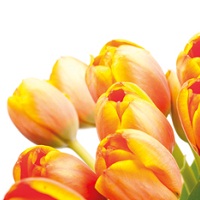

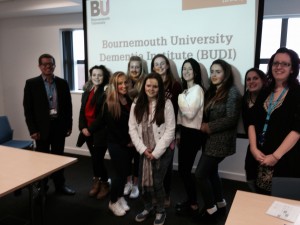
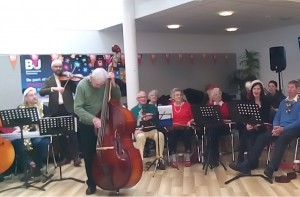
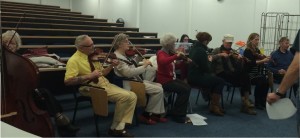
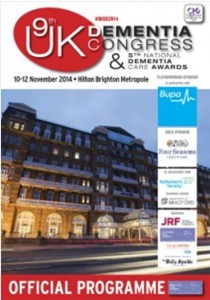
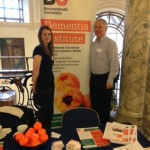
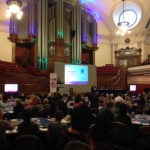
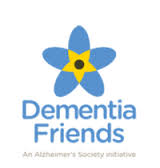

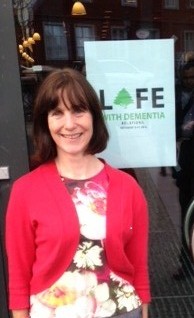
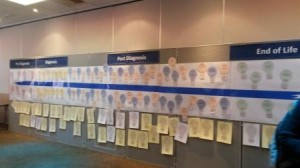
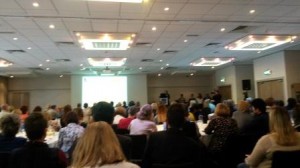
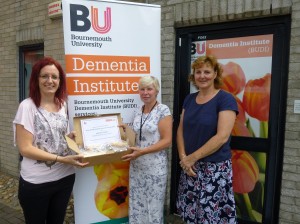












 Nursing Research REF Impact in Nepal
Nursing Research REF Impact in Nepal Fourth INRC Symposium: From Clinical Applications to Neuro-Inspired Computation
Fourth INRC Symposium: From Clinical Applications to Neuro-Inspired Computation ESRC Festival of Social Science 2025 – Reflecting back and looking ahead to 2026
ESRC Festival of Social Science 2025 – Reflecting back and looking ahead to 2026 3C Event: Research Culture, Community & Cookies – Tuesday 13 January 10-11am
3C Event: Research Culture, Community & Cookies – Tuesday 13 January 10-11am Dr. Chloe Casey on Sky News
Dr. Chloe Casey on Sky News ECR Funding Open Call: Research Culture & Community Grant – Application Deadline Friday 12 December
ECR Funding Open Call: Research Culture & Community Grant – Application Deadline Friday 12 December MSCA Postdoctoral Fellowships 2025 Call
MSCA Postdoctoral Fellowships 2025 Call ERC Advanced Grant 2025 Webinar
ERC Advanced Grant 2025 Webinar Horizon Europe Work Programme 2025 Published
Horizon Europe Work Programme 2025 Published Update on UKRO services
Update on UKRO services European research project exploring use of ‘virtual twins’ to better manage metabolic associated fatty liver disease
European research project exploring use of ‘virtual twins’ to better manage metabolic associated fatty liver disease